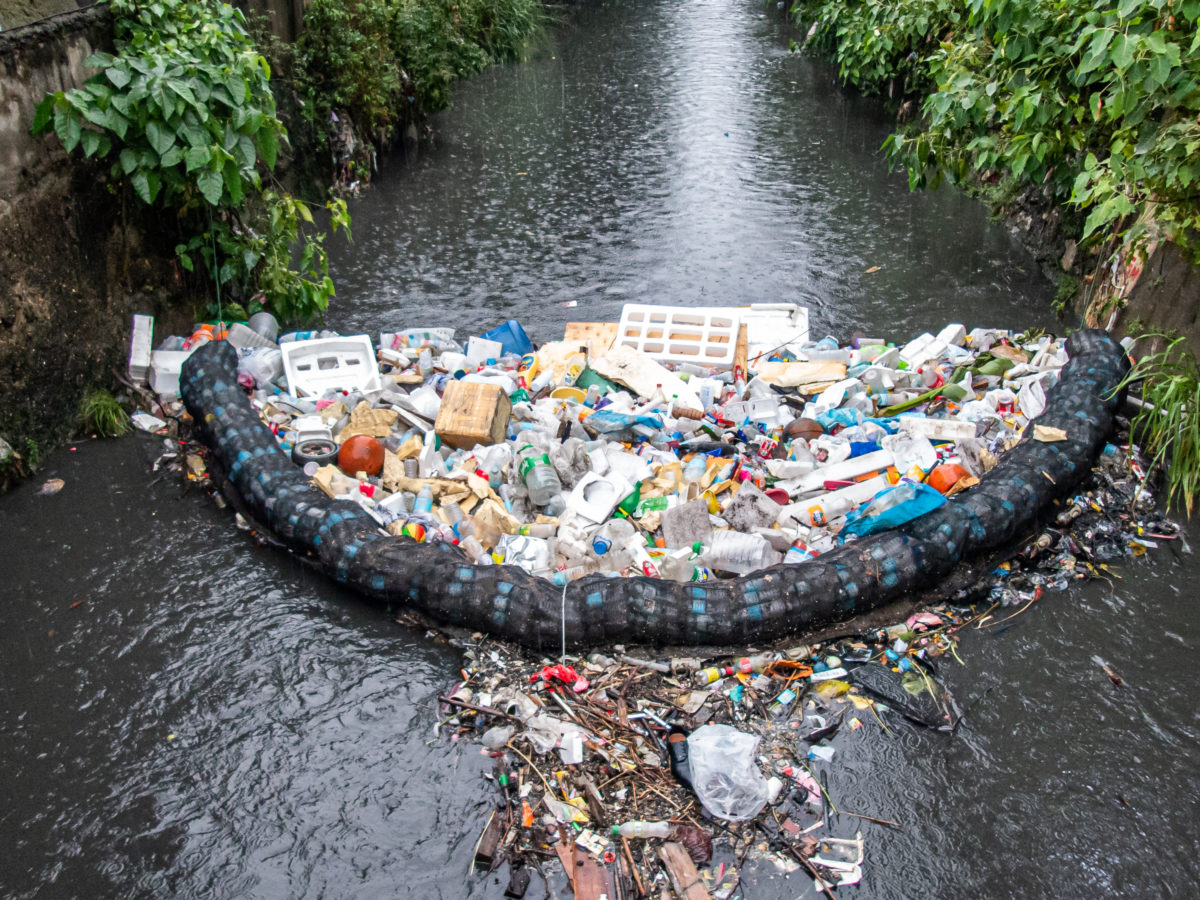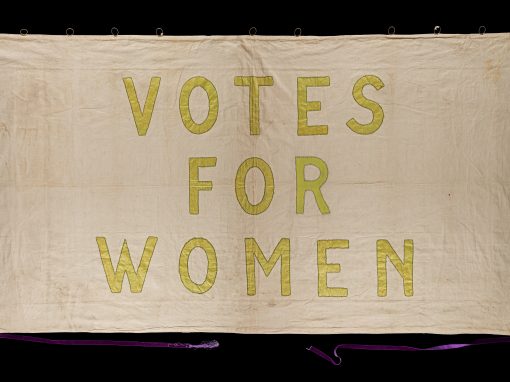Guest blog by Matthew Taylor. Matthew is outgoing CEO of the Royal Society of Arts and soon to be CEO of the NHS Confederation. @RSAMatthew
How do we come to believe something? Perhaps a friend influences us, or a public figure we have grown to trust. Sometimes it’s the combination of information plus experience that forms our opinions. This question matters.
From protecting our own health to saving the planet, there are many things it would be better for more of us to believe – and act upon.
It can be coincidence that turns the dial. Most weekends I go running with a friend. She’s younger and faster than me over short distances, but I have more stamina. I try to devise routes with hills because, while she is a little faster going down, she is a lot slower coming up. For the first half of the trip, before we run out of breath, we chat.
The Dasgupta review.
She is an environmental economist and we got to talking about the Government-sponsored Dasgupta review. She mentioned a divide I had not come across before; between the narrative and policies of climate change mitigation and the imperatives of what Prince Philip – in my experience, something of a climate change sceptic – referred to throughout his life as ‘conservation’.
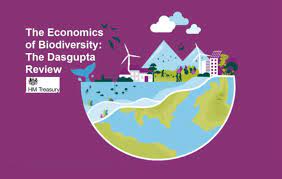
The most glaring example of the conflict lies in the story of biofuels. Using plant-based matter as the basis for transport energy was seen by many environmentalists as a silver bullet to tackle the rising carbon contribution of road, air and sea transport. As part of their attempt to reduce emissions the US in 2005 and the EU in 2008 introduced mandatory biofuel regulations. There was a global boom. Then campaign groups started to highlight the downsides.
Not only did the money incentivise farmers to shift from food production, raising prices and increasing hunger, it accelerated logging and ground clearance. Palm oil is a particular problem. It has the highest greenhouse gas emissions of any biofuel – three times those of fossil diesel.
Palm oil plantations drive deforestation and peatland drainage in Southeast Asia, Latin America and Africa.
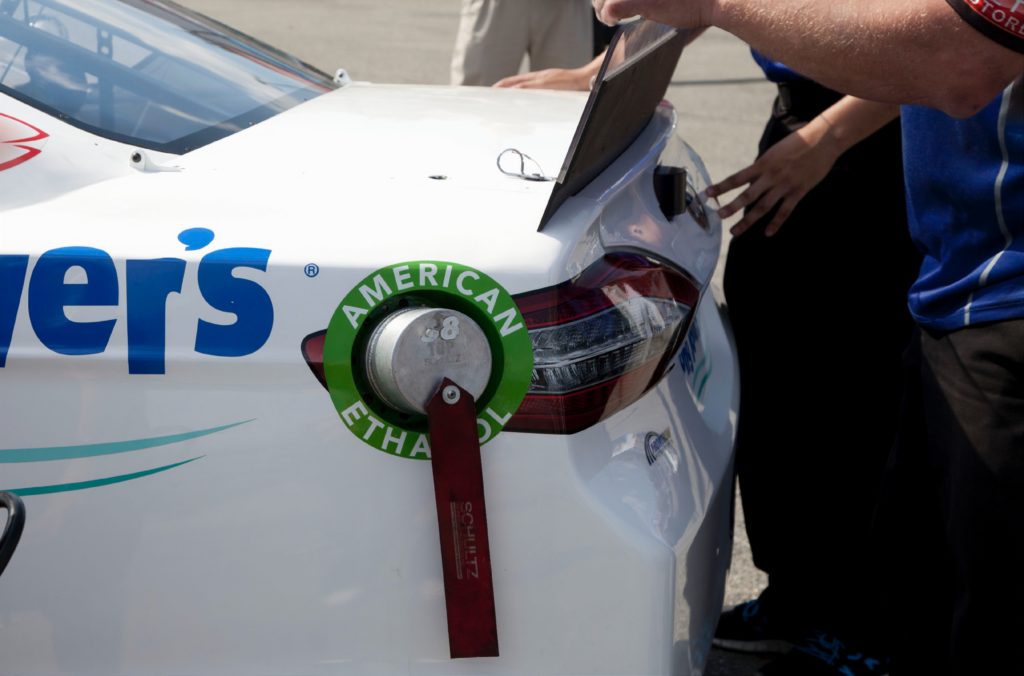
There are policy dilemmas closer to home, ranging from the long running debate over a Severn barrage to the alleged mass killing of birds by wind turbines (although figures for this vary enormously and, even at the high end of the estimates, turbines are a great deal less murderous than domestic cats).
Mitigation or conservation?
There are undercurrents to this more subtle and cultural than the pros and cons of policy calculation. It was a couple of days after one of my panting exchanges on the streets of South West London that I hosted an interview with Jonathan Franzen. Franzen is most well-known for best- selling and critically acclaimed novels like The Corrections and Freedom. He is also an avid bird watcher. In 2015 he wrote a controversial essay in the New Yorker entitled ‘Carbon capture: has climate change made it harder to care about conservation?’.
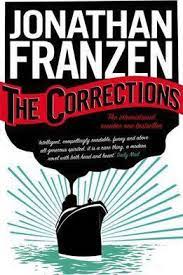
The proximate inspiration for the essay was Franzen’s irritation with an American bird charity (the National Audubon Society), which he felt had abandoned campaigning against immediate threats, like a new glass plated sports stadium in his home city that was likely to see thousands of birds killed through collisions, in favour of identifying climate change as the biggest avian threat. It is unclear, Franzen argues, that any American birds have been killed by climate change, or indeed what its ultimate affects will be on different species. Yet, billions are dying avoidably every year through immediate human actions, including some aimed at reducing greenhouse gas emissions.
But Franzen’s argument has other facets.
He suggests the climate change narrative draws on the guilt laden pull of New England Puritanism whereas conservation calls on ‘a countervailing strain of Christianity inspired by St Francis of Assisi’s example of loving what’s concrete and vulnerable and right in front of us’.
Perhaps the most controversial aspect of Franzen’s case, certainly for many environmentalists, and one reinforced in a follow up essay ‘What if we stopped pretending’, is that the whole climate change narrative is delusional. As he points out, the people telling us now, in the build up to COP 26, that we have ‘ten years to save the planet’ were saying the same thing a decade ago.
Climate change may already be unstoppable.
To act with anything like the necessary urgency would mean giving up an economic growth model to which we as individuals and nations continue to be deeply addicted.
What we may, or may not, have ten years to save is not ‘the planet’ but a liveable habitat for human beings.
Implicit in the conservationist critique of the climate change discourse is that it conflates the needs of nature with the interests of homo sapiens.
Moreover, aren’t the grand visions of a green economy created through human ingenuity, and apparently achievable without us having to ask difficult questions about our expectations, appetites and delusions, simply another version of the same hubristic, anthropocentric world view that got us into this mess in the first place?
My sympathies, I have to admit, lie with the conservationists. As I have got older I have become less enamoured by big change narratives and more impressed by those who make small but visible differences to our lives and locales; ‘the Friends of Clapham Common’ out in the evening sowing wild flowers, the group of cold water swimmers campaigning to make the Thames a little less polluted, the woman on Twitter who boasts in her handle that she picks up the shit left by the dogs of other owners.
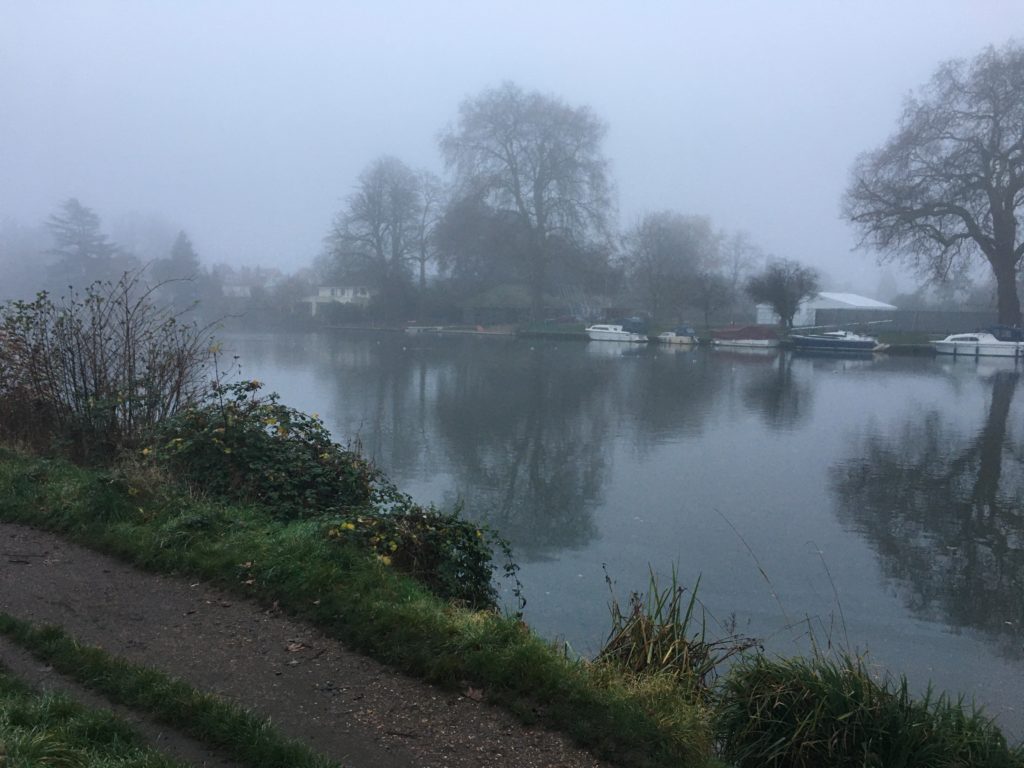
I remember Chris Smith at the RSA making his valedictory speech as the outgoing Chair of the Environment Agency. Start with someone’s enthusiasm for a bird, he said, then encourage them to learn about the bird’s habitat, from there how that habitat is being impacted by environmental degradation.
This is how a twitcher today can become an Extinction Rebellion activist tomorrow.
Does it work the other way around? Do those who broker multi-billion-pound green investment funds end up planting trees in the neighbourhood. I’m not so sure.
Many of you will by now be murmuring through gritted teeth, it is a false dichotomy. Climate change, as the polar bears or coral reefs could tell us, doesn’t only affect humans. Restoring and protecting nature is an important way to reduce aggregate carbon emissions.
Perhaps we should think of this as Venn diagram. On one side, those who are motivated by saving humanity from climate change: on the other, those inspired more by their love of nature. In the middle people who care as much about both, understand their interdependencies, and are determined to act. We need more people to make that journey to the overlapping zone. But while most of will be spectators as world leaders haggle at COP26, we can all be actors in improving nature around us. After all, it is not hope that leads to action so much as action that leads to hope.

